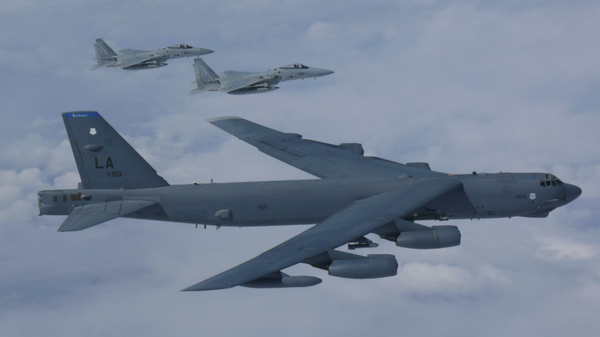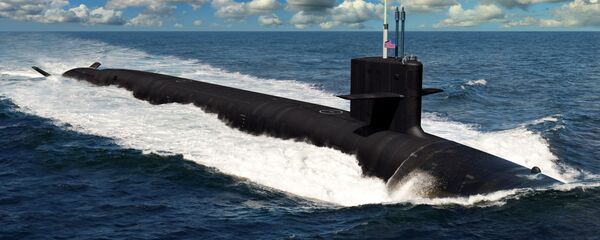Staff on the House Armed Services Committee told reporters at a Monday briefing that Congress wouldn't authorize funding for a replacement engine program until the Air Force provides definitive requirements for those engines, Military.com reported. However, the Air Force insists its new streamlined acquisition program can handle the costs responsibly, even without such a cost roadmap.
Air Force Acquisition Executive Will Roper wrote to the committee in January that the service was moving forward with nine development initiatives under the Middle Tier Acquisition program, also called Section 804 after the part of the National Defense Authorization Act that permits it, according to Air Force Magazine. One of those was the B-52 engine update, intended to extend the 60-year-old bombers' lives another 30 years.
A program qualifies for Section 804 treatment if the Air Force believes that a prototype can be operational in two to five years. The idea is that, in order to streamline the acquisition process for shorter programs, most of the decision-making and oversight is handled by the service branches and not Congress, so that lawmakers can concentrate on the bigger programs, according to Breaking Defense.
"We're concerned that… by utilizing that authority, they're not doing their due diligence with regard to the requirements," a House Armed Services Committee staff member told reporters Monday.
Sputnik reported in December 2017 that Boeing and Rolls Royce were both eyeing the lucrative engine contract, which has been anticipated for decades.
It's taken years to get the engine program funded, with Sputnik reporting in 2017 that, due to funding constraints created by the US government's temporary self-funding via continuing resolutions, the B-52 engine question wasn't likely to be considered until Fiscal Year 2019, which began last fall.
The B-52 Stratofortress is the Air Force's largest bomber, powered by eight massive turbojet engines. The planes form part of the US' nuclear triad, being tasked with delivering atom bombs to targets in the event of a nuclear exchange.


